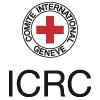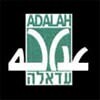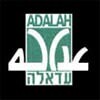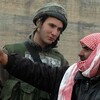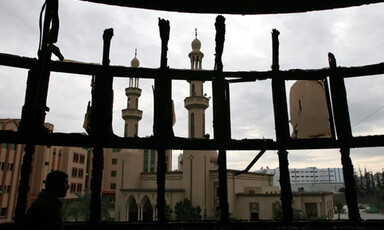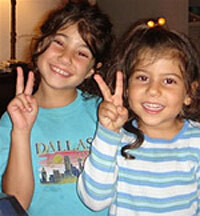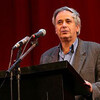
Ilan Pappe lectures and presents his latest book in Amsterdam
3 February 2007
On January 26, Israeli historian Ilan Pappe gave a lecture at the University of Amsterdam in the Netherlands. Pappe was in the Netherlands on invitation of United Civilians for Peace and Another Jewish Voice. On January 27 he presented his latest book “The Ethnic Cleansing of Palestine” in ABC Treehouse Gallery and On January 28, he lectured at Desmet in Amsterdam. Pappe’s book shows that in 1948, the Zionist movement waged a war against the Palestinian people in order to implement its long term plans of ethnic cleansing. Read more about Ilan Pappe lectures and presents his latest book in Amsterdam

